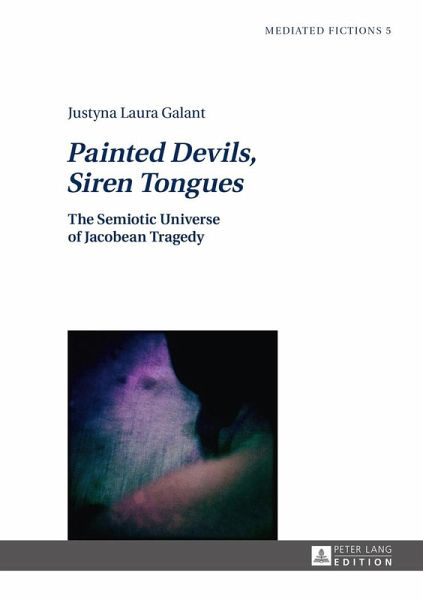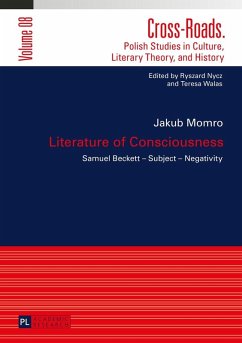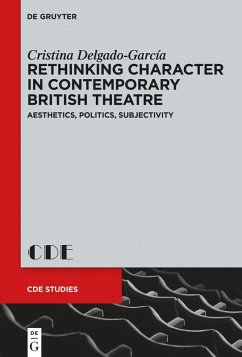
Painted Devils, Siren Tongues (eBook, ePUB)
The Semiotic Universe of Jacobean Tragedy
Versandkostenfrei!
Sofort per Download lieferbar
Statt: 62,20 €**
37,95 €
inkl. MwSt.
**Preis der gedruckten Ausgabe (Gebundenes Buch)
Alle Infos zum eBook verschenkenWeitere Ausgaben:

PAYBACK Punkte
19 °P sammeln!
The book outlines the semiotic universe of Jacobean drama, examining both canonical tragedies by Thomas Middleton, John Webster and less known dramas such as Anonymous Lust's Dominion, Markham and Sampson's Herod and Antipater or Thierry and Theodoret by Beaumont and Fletcher.
Dieser Download kann aus rechtlichen Gründen nur mit Rechnungsadresse in A, B, BG, CY, CZ, D, DK, EW, E, FIN, F, GR, HR, H, IRL, I, LT, L, LR, M, NL, PL, P, R, S, SLO, SK ausgeliefert werden.













